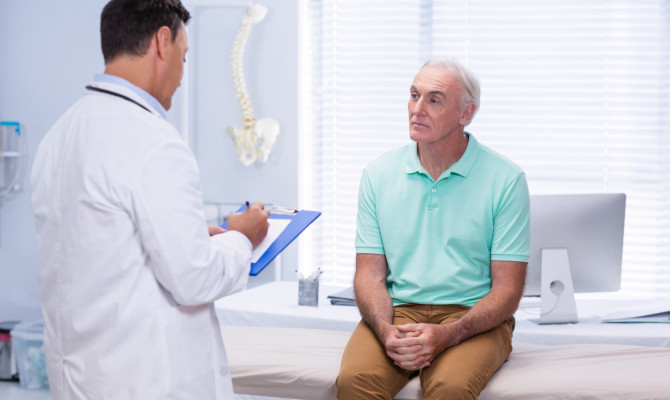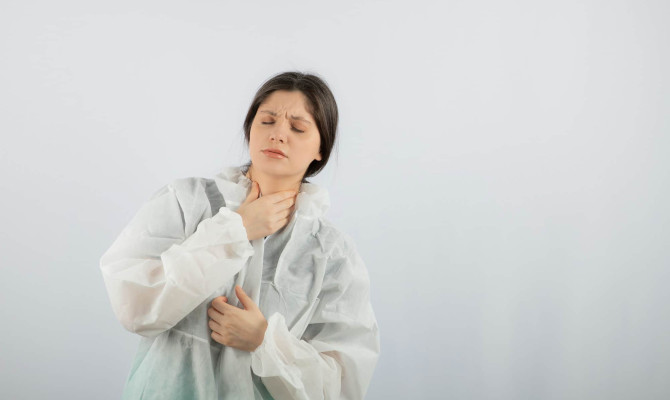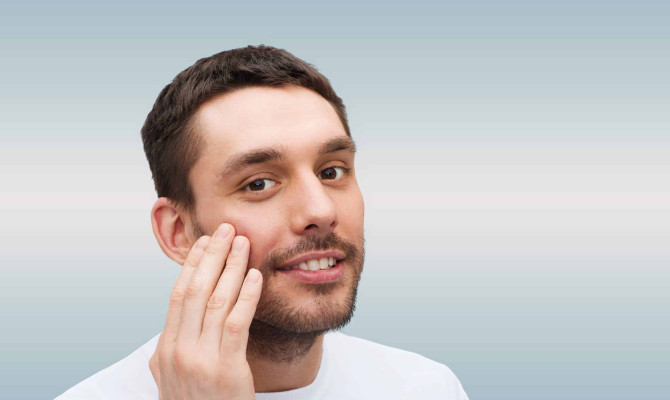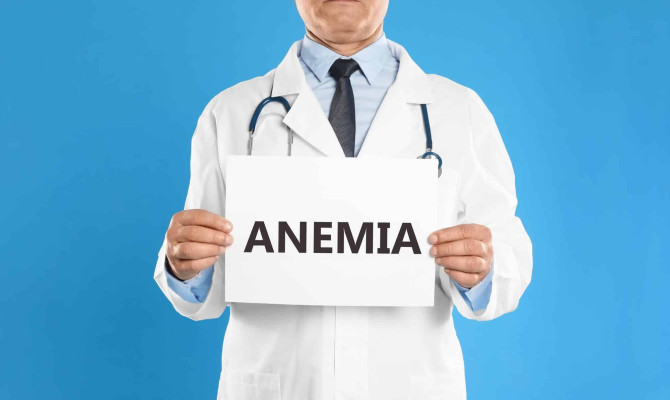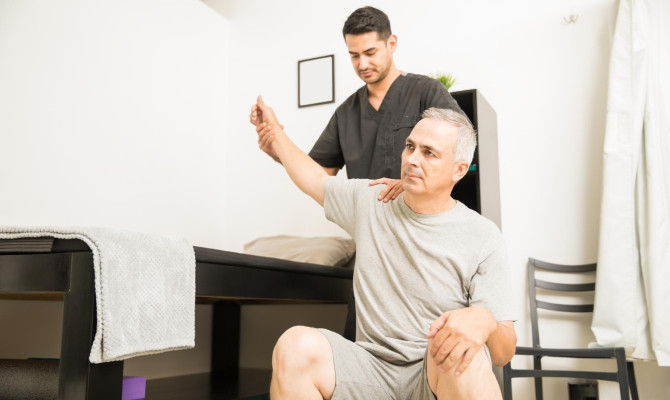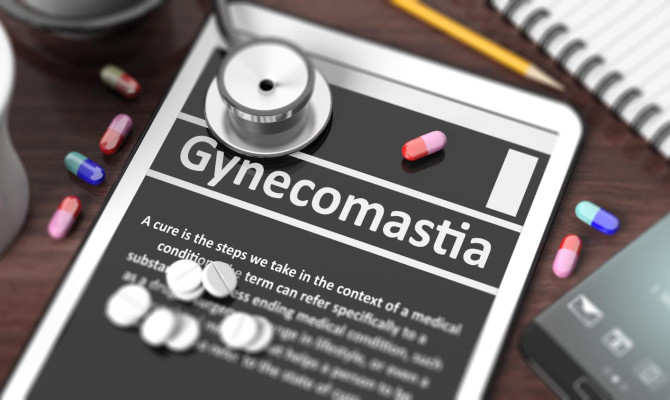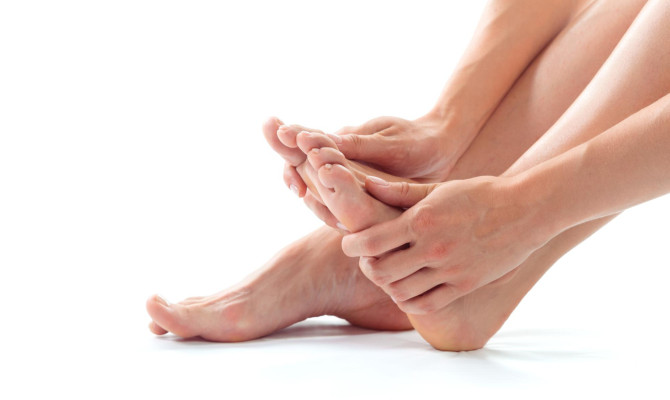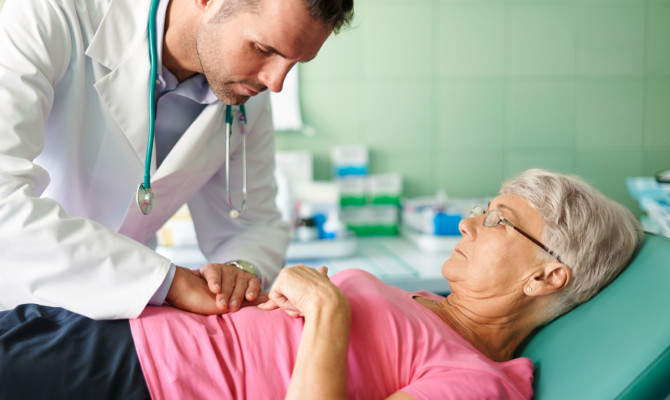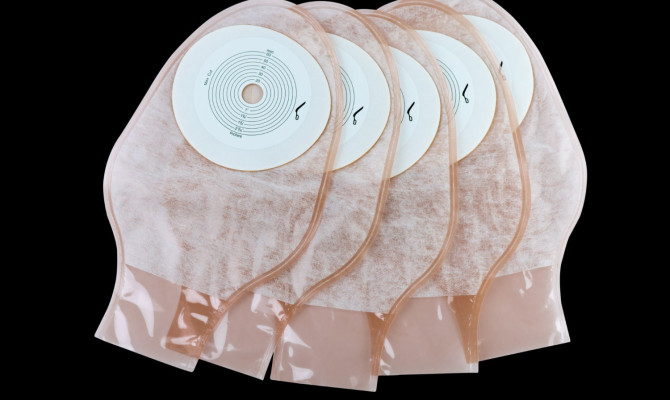Kidney stones : Causes, Symptoms, and Management

- Kidney Stones
- 16 Aug 2023
Overview
What is a Kidney stone?
Kidney stones (renal calculi) are hard salts and minerals that can form in the kidneys, urinary bladder, ureters, and urethra. Most kidney stones are around the size of chickpeas, while others may be as tiny as the sand grain or large as a golf ball. Small kidney stones can be excreted through our urinary tract, while larger ones need surgery for their removal.
The urinary tract is the body’s structure for urine removal and comprises kidneys, ureters, urinary bladder, and urethra. Kidneys are bean-shaped organs for filtering our blood. ureters are tubes carrying urine from the kidneys to the bladder. The urinary bladder is the muscular sac for storing urine temporarily. urethra is the passage through which urine exits from the body

Facts about Kidney stone
- Kidney stones are the most common disorder of the urinary tract
- Kidney stones are prevalent, and one in ten people can get a kidney during one’s lifetime
- Kidney stone disease has affected around 12% of the world’s population
- To date, kidney stone recurrence has remained a serious issue in human health 1Overview| Researched based study from Sciencedirect.com , 2Overview| Researched based study from Nlm.nih.gov .
Types
Types of Kidney Stone
Calcium stones
- Calcium stones most commonly occur in calcium oxalate form, but they can also be composed of calcium phosphate. Oxalate is a substance that our body produces naturally. It is also present in spinach, potato, nuts, and chocolates.
- Consuming higher oxalate-containing food increases the calcium oxalate concentration in urine.
- Calcium phosphate stones occur due to metabolic conditions such as renal tubular acidosis or taking certain medications such as migraines or seizures.
Uric acid stones
- Uric acid stones are the next most common stones in individuals. It occurs in people with a high-protein diet and metabolic disorders such as diabetes (high blood sugar) and gout.
- Gout is a kind of arthritis in which joint pain occurs due to the accumulation of uric acid crystals.
Struvite stones
- Struvite stones are common in people with urinary tract infections. The stones proliferate, get very large with minor symptoms, and can obstruct the urinary tract. Struvite stones are made up of magnesium and ammonia.
Cystine stones
- Cystine stones occur due to the hereditary disorder cystinuria. Cystinuria is a condition in which a large amount of cystine( an amino acid) is passed in the urine
- Cystinuria is the cause of repeated kidney stones in some people 3Types| Researched based study from Sciencedirect.com
Causes
Causes of Kidney stone
- Kidney stones occur when the kidneys keep the unutilized calcium of the muscles and bones instead of passing it out through the urine. The unutilized calcium joins with other waste products to form calcium oxalate crystals, i.e., kidney stones.
- Uric acid stones develop when the body does not have enough fluid to dilute the uric acid in the urine 4Causes| Researched based study from Nlm.nih.gov
Symptoms
Symptoms of Kidney stone
- Pain in the side or lower back of the body
- Pain comes and goes but is severe sometimes
- Pain while urinating
- Blood in urine
- Urge to urination increases
- Smelly urine and which may looks cloudy
- Inability to urinate
- Nausea and vomiting with pain
- Fever and chill
However, tiny stones might not show any symptoms and pass out of the body through urine.
Symptoms of kidney stones in children
- Severe cramp-like pain
- Nausea and vomiting
- Inability to urinate
- Blood in urine
- Cloudy, smelly urine
- Fever and chill
- Extreme weakness
Symptoms when kidney stones block the urinary passage
- Extreme tiredness
- Diarrhea
- Fever
- Chill
- Foul-smelling, cloudy urine 5Symptoms| Researched based study from Niddk.nih.gov
Diagnosis
Diagnosis of Kidney stone
The doctor performs a thorough physical examination and enquires about the nature of the pain and medical and family history. The doctor may further order the following tests:
Laboratory Tests
Blood test for calcium, uric acid, phosphorus, and electrolytes
- The blood tests identify the kidney’s proper functioning along with any biochemical problems or infection that may be the cause of kidney stones
Blood urea nitrogen test
- It measures the level the urea nitrogen in the body. Urea nitrogen is a body waste material that the kidneys should remove from the blood.
- The test analyses how well the kidneys are functioning
Urine test
- The test analyses for bacterial infection in the urine
- It also examines for substances that form kidney stones
Imaging test
Imaging tests help the doctor determine the shape, size, and location of the kidney stones and help him decide on the treatment plan.
Abdominal X-rays
- It uses ionizing radiation to produce images of the inside of our abdominal cavity.
MRI (Magnetic resonance imaging) scan
- It utilizes magnetic fields and radio waves to get a detailed picture of the inside of our body.
Abdominal CT (Computed tomography) scan
- It is the CT scan of the abdomen.
- CT uses X-rays and computers to get a detailed picture of the body’s interior.
Ultrasound
- It uses sound waves to get pictures of tissues and organs inside the body 6Diagnosis| Researched based study from Nlm.nih.gov
Risk factors
Risk factors for Kidney stone
Following factors may increase the risk of kidney stones:
- People over the age of 40 years
- Hereditary (family) history of kidney stones
- Increased weight (obesity)
- Sedentary lifestyle
- Chronic diarrhea
- People with gastric bypass surgery
- Repeated urinary tract infection
- People with thyroid problems
- Renal tubular acidosis
- Diabetes ( high blood sugar)
- High blood pressure
- Inflammatory bowel disease
- People with gout(inflammatory arthritis)
- Taking calcium-based antacids 7Risk factors| Researched based study from Nlm.nih.gov
Complications
Complications of Kidney stone
Untreated kidney stones can lead to the following complications-
- Blocking of tubes connecting the kidney to the bladder
- Frequent urinary tract infection
- Increased risk of chronic kidney disease Chronic kidney disease is the progressive damage and loss of kidney function.
- Complete kidney damage( in rare cases) 8Complications| Researched based study from Kidney.org
Treatment
Treatment of Kidney stone
Treatment depends on the kidney stone type.
Medicines to treat kidney stones
- Thiazide diuretics-It is a drug to increase the urine flow
- Allopurinol-It is used to decrease the blood’s uric acid levels
- Ibuprofen-It relieves pain and inflammation
- Naproxen sodium-It is used to relieve pain and swelling
- Acetaminophen-It is used to treat pain and fever
- Antibiotics-It is used to destroy or inhibit the growth of bacteria
Surgeries to treat kidney stones
Lithotripsy
- It uses shockwaves to break kidney stones into smaller pieces that can pass through urine.
Ureteroscopy
- It is a minimally invasive kidney stone surgery.
- It inserts a small telescope into the bladder and ureters to visualize the kidney stones and to break them using laser energy. The small stone pieces pass out of the body through the urine.
Tunnel surgery (Percutaneous nephrolithotomy)
- It is performed for large and complex kidney stones
- The urologist (doctor specializing in urinary tract diseases) makes an incision on the back of the abdomen, and a tube is inserted into the kidney.
- The stones are removed directly or broken into fragments using ultrasound and then removed.
Open stone surgery
- The surgeon makes a more extended cut on the side or back of the abdomen to access the kidneys and remove the stones 9Treatment| Researched based study from Nlm.nih.gov
Care at home for small kidney stones
- Avoiding salt and sodas
- Drinking plenty of fluids to allow tiny stones to pass out in urine
- Taking alpha-blockers(blood pressure lowering medications) to pass the stone more rapidly
- Taking over-the-counter medicines to prevent nausea and vomiting 9Treatment| Researched based study from Nlm.nih.gov
Prevention
Prevention of Kidney stones
- Drinking two liters of water per day
- Consuming less salt (sodium) in food
- Maintaining an ideal body weight
- Taking medicines as prescribed by the doctor
Avoid Foods that can cause Kidney stones. Some of the foods that have to be limited to prevent kidney stones are as follows:
- Salmon
- Shellfish
- Pork
- Beef
- Chicken
- Organ meats
- Eggs
- Processed meat
- Frozen meals
- Salty snacks
- Milk
- Cheese
- Yogurt 10Prevention| Researched based study from Niddk.nih.gov
Takeaway
Key Takeaways
- Kidney stone is a painful, annoying problem with several treatment options
- Staying well hydrated with regular exercise and diet modification can help prevent kidney stone
- One with symptoms of kidney stone must immediately seek medical advice as early as possible to prevent the pain from worsening
- Kidney stone patients must strictly follow the medicines the healthcare professional prescribes to avoid future complications.
Any feedback on this article?
 This Articles content was accurate
This Articles content was accurate Very Informative Article
Very Informative Article I have a question or a comment
I have a question or a comment
 This article contains inaccurate content
This article contains inaccurate content This article was not helpful
This article was not helpful I have a question or a comment
I have a question or a comment
We appreciate your helpful feedback!
Checkout our social pages
References
-
Science Direct
'Kidney Stone - an overview | Overview
-
National Library of Medicine
Kidney Stone Disease: An Update on Current Concepts | Overview
-
Science Direct
'Nephrolithiasis - an overview | Types
-
National Library of Medicine
Kidney Stones | Causes
-
National Institute of Diabetes and Digestive and Kidney Diseases
Symptoms & Causes of Kidney Stones | Symptoms
-
National Library of Medicine
Kidney Stones 2012: Pathogenesis, Diagnosis, and Management | Diagnosis
-
National Library of Medicine
Risk factors of kidney stone disease: a cross-sectional study in the southeast of Iran | Risk factors
-
National Kidney Foundation
Chronic kidney disease (CKD) - Symptoms, causes, treatment | Complications
-
National Library of Medicine
Treatment options for kidney stones | Treatment
-
National Institute of Diabetes and Digestive and Kidney Diseases
Eating, Diet, & Nutrition for Kidney Stones | Prevention












